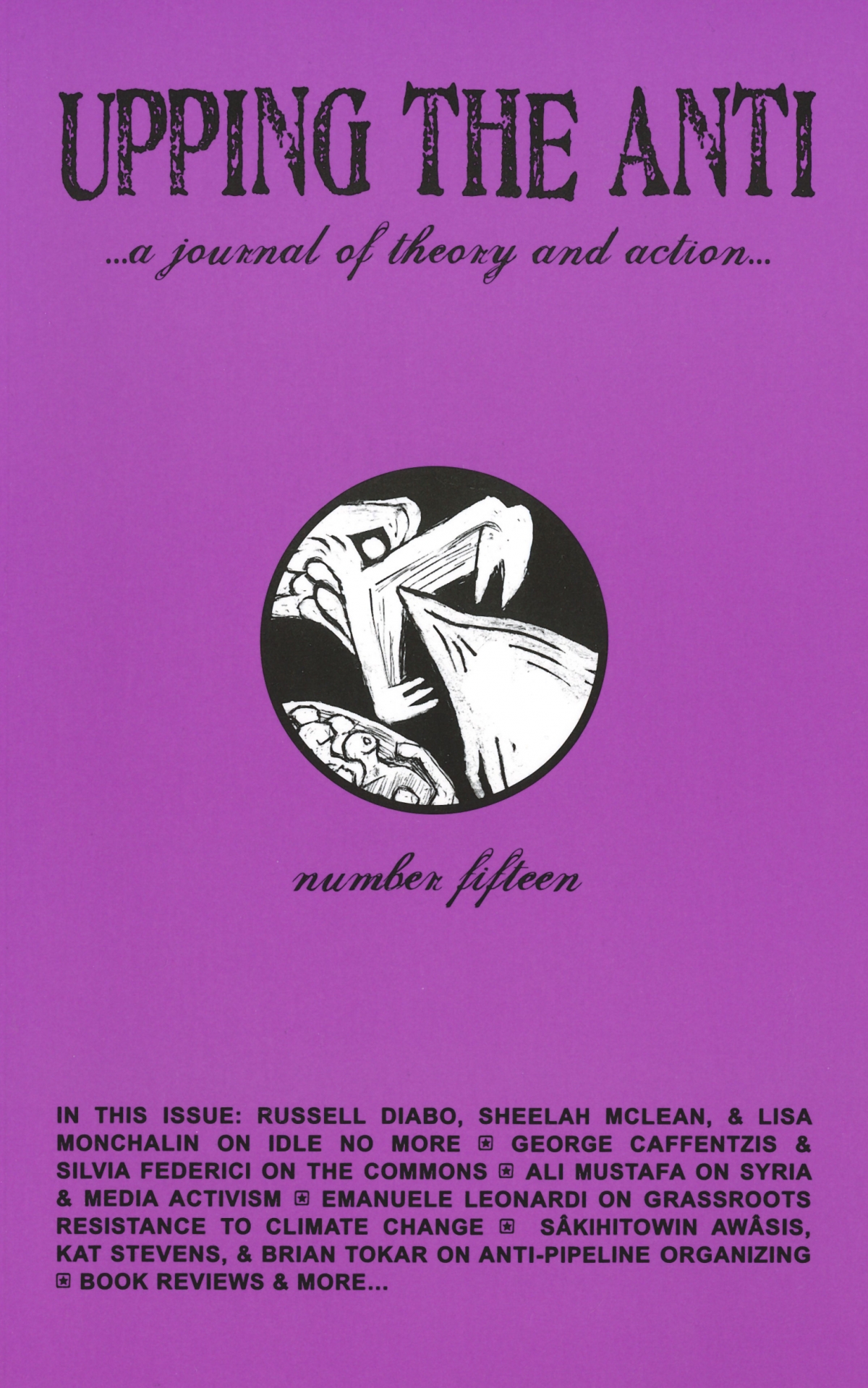Organizing From a Place of Love
One of the defining historical challenges for left social movements has been our capacity to engage shifting material and political conditions, which not only create new political terrain to negotiate but also generate new forms of class contestation and social divisions. In the United States, white supremacy and patriarchy have often been the primary features of these social divisions, evolving in their form, but maintaining their function as faithful arms of ruling-class control. US social movements have often struggled to negotiate the evolving mechanisms of white supremacy and patriarchy, which have posed debilitating challenges not just for the working class, but for a whole range of social movements from anti-nuclear and environmental to feminist and LGBTQ struggles. In many cases, the contradictions of white supremacy and patriarchy that arise within social movements – such as unprincipled leadership practices or demands that sell out one group at the expense of another – have divided and weakened our struggles, at times contributing to massive defeats. Yet in the historical moments where marginalized and oppressed people’s demands and leadership have been at the centre of social movements, these same contradictions have been powerful catalysts for collective liberation. How we engage the contradictions of white supremacy and patriarchy as catalysts, rather than divisions, for liberatory movement-building is at the core of what Chris Crass raises in his book, Toward Collective Liberation: Anti-Racist Organizing, Feminist Praxis, and Movement Building Strategy.
To read this book review in full, order Issue 15 here.

